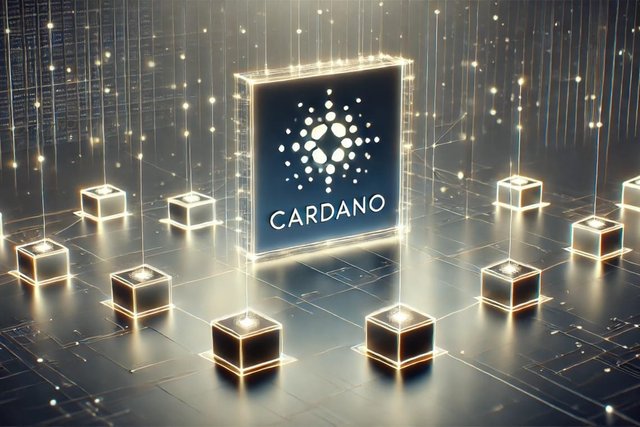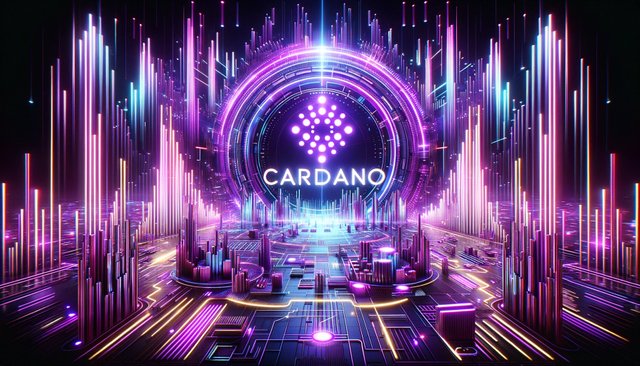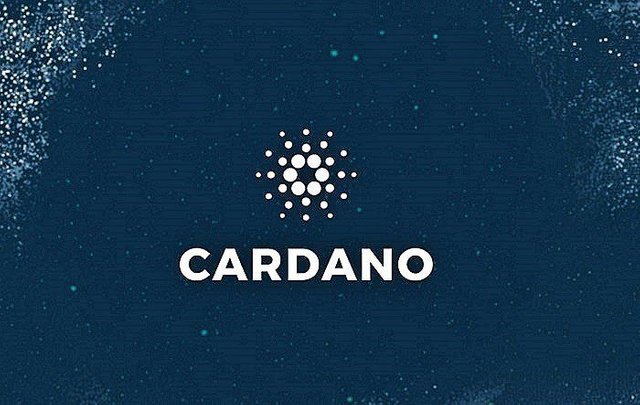Cardano: The Third-Generation Blockchain for a Sustainable Future
Cardano has managed to opt against the many blockchain platform cliches in impressive fashion, establishing themselves as a third-generation operational system systematically engineered with both sustainability and scalability in mind.
Started by Ethereum co-founder Charles Hoskinson in 2017, Cardano is a blockchain platform that seeks to provide more advanced features than any previously developed protocol with its scientific approach driven by research.
Today, therefore, this article covers everything about Cardano; Origins of Cardano: How was it born and its Key features
The Genesis of Cardano
IOHK: IOHK stands for Input Output Hong Kong, an engineering company started (and similarly founded) by Charles Hoskinson and Jeremy Wood. The work on the project is underpinned by academic research, validated by a peer review process that calls upon experts from diverse backgrounds to ensure the strength and reliability of its infrastructures.
The platform design is grounded in academic research and peer review to deliver rigorously validated components.
Key Features of Cardano
Ouroboros: In Cardano, the consensus mechanism being used is Ouroboros - a Proof of Stake (PoS) protocol which outlines an almost exclusive PoS network built to be highly secure and energy-efficient. Ouroboros -Time is split up into epochs and within each epoch time, Ouroboros- Slots Every slot is arochose leader which creates and adds block to the blockchain.
Layered Architecture: Cardano differ with other blockchain having separate settlement layer(Cardano Settlement Layer, CSL) from computation layer (Cardano Computation Layer,CCL). This leads to increased security, scaling and flexibility as each layer can be upgrade on its own.
Interoperability - Cardano is designed for interoperability with other blockchain-based ledgers while also able to work easily within traditional legacy systems. This is significant for the full-scale integration of Cardano with other financial services and easy interaction between applications.
Sustainability : One of the underlying tenets of Cardano is sustainability — the protocol should be able to continue functioning and improving itself in the long run. This is achieved via the treasury system, which allocates some percentage of all transaction fees to maintain the network and fund its development. This way, any improvements are paid for, and there is a guaranteed or funding for whatever the future may hold.
Governance: Cardano also features relatively unique governance arrangements. Thus, it offers a system of community-led decision-making. Thus, ADA holders can indicate and vote their opinions on particular decisions and changes in the protocol. This ensures the democratization of decisions-related making and allows ADA holders decision-making of the self as the platform itself.
What sets Cardano apart, is that it has been built through a wide range of different academic disciplines and review was done on top of each other in order to ensure its scientific rigour.
As Cardano grows and the ecosystem reaches wider scale, it can be one of those underlying components that helps define how a decentralized world will work - facilitating innovation all while enabling people & institutions across the world.


